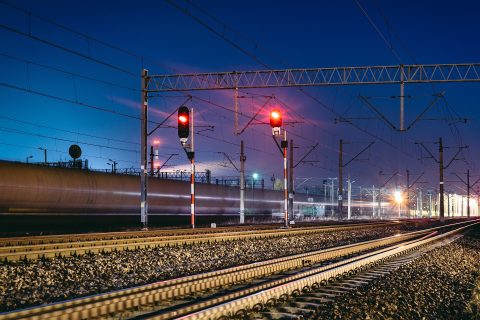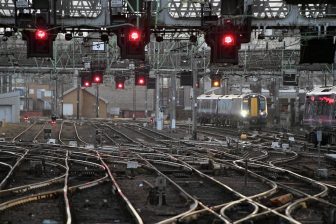
UK government fails to avoid February rail strikes
After a month of calm, Britain is signalled into a week of renewed strike action on the railways. February begins with two strikes, both one day long, starting today, Wednesday 1 February and again on Friday 3 February. Drivers, mainly from the ASLEF union, are taking action on these days. That means passenger services across most of the country wound down on Monday evening, and there will be disruption or no service at all over the rest of the week.
Want to read more?
You have read all of your free premium articles for this month. Please become a subscriber to keep reading.
Subscribe now!
Take advantage of our exclusive offer to get full access to all premium content.



